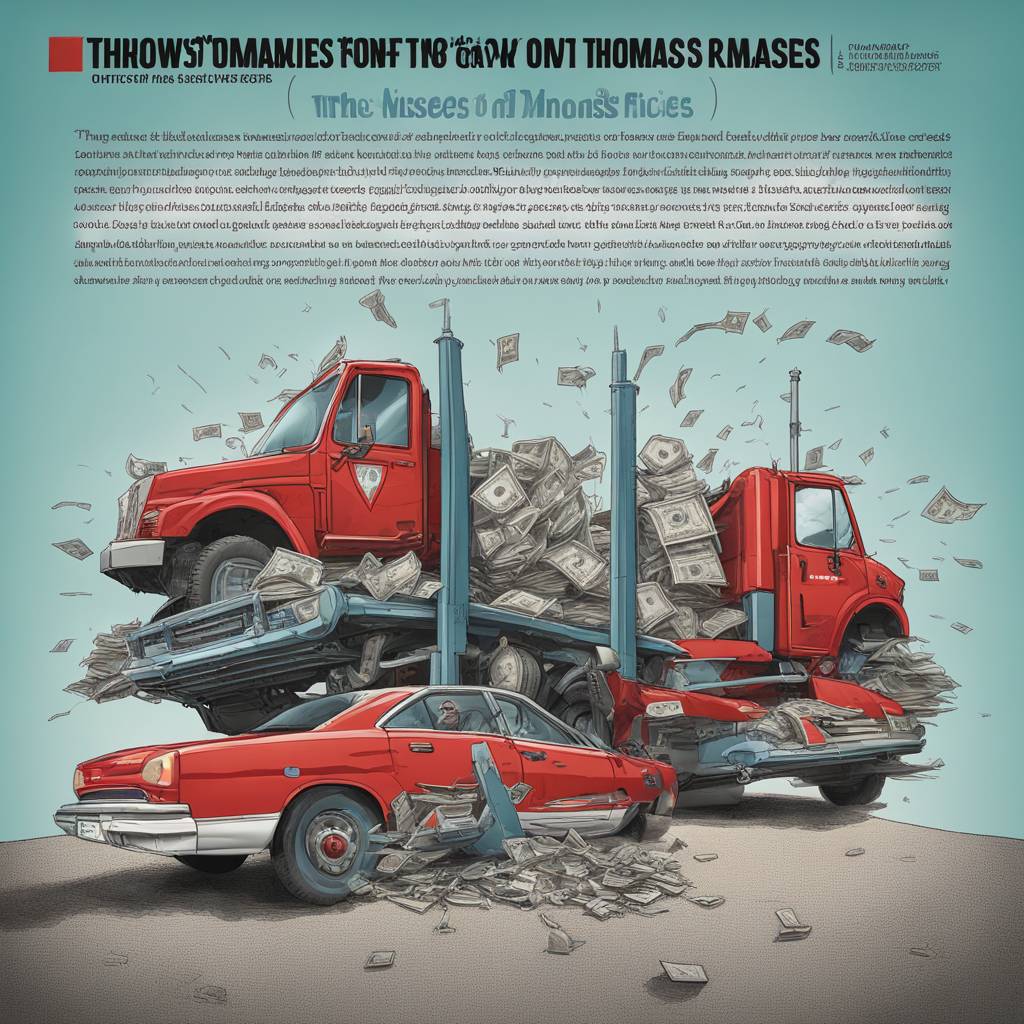The $2.9 trillion CARES Act passed by Congress in response to the coronavirus pandemic was seen as a wrongheaded move that extracted a significant amount of money from the world economy to subsidize lockdowns across the United States. Only Rep. Thomas Massie protested the bill, highlighting the impact of federal subsidization on prolonged lockdowns and business closures. Republicans who supported the bill were criticized for abandoning their principles of limited government and freedom to panic-induced decisions.
Massie’s warning about government spending leading to an economic catastrophe was highlighted as an ironic contrast to his support for the CARES Act in 2020. While he correctly pointed out the dangers of unchecked spending, he failed to recognize the immediate crisis triggered by the government’s extraction of resources from the private sector. The economic sin was identified as the extraction of resources rather than the method of extraction, as excessive government spending stifles innovation and job creation.
The economic crisis caused by government debt was portrayed as a current issue rather than a future concern by highlighting the unseen consequences of large-scale government spending. The funds extracted by the government prevent investments in groundbreaking companies and technologies, limiting the potential for economic growth and advancement. Massie and other deficit hawks were urged to shift their focus from an impending crisis that may never materialize to the immediate impact of government intervention on innovation and freedom.
Despite warnings of an imminent economic collapse resulting from excessive government debt, the reality of stable Treasury markets and ongoing investment demonstrated that markets are not reacting as expected. Instead, the focus was shifted to the present crisis caused by government overreach and the hindrance to growth and development in various sectors due to resource extraction by the government. Massie was encouraged to redirect his attention to the current consequences of government spending on job creation, technological advancement, and personal freedom.


